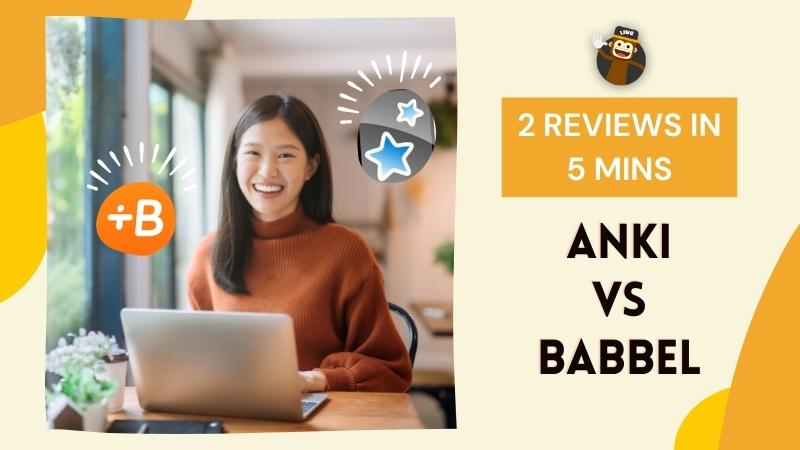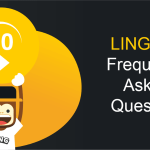If learning a foreign language is one of the items on your to-do this summer, then you’re probably searching for effective language learning apps. Well, luckily for you, you can find a ton of app reviews and comparisons, as well as other language-related content, on our blog!
Today we’ll be reviewing Anki vs Babbel, since both are highly favored among language learners. We’ll go over their general usage, pros, cons, and pricing. In the end, you can decide which app is best for you based on all the information we’ve presented.
Let’s start with the Babbel review first, shall we?
Babbel Review
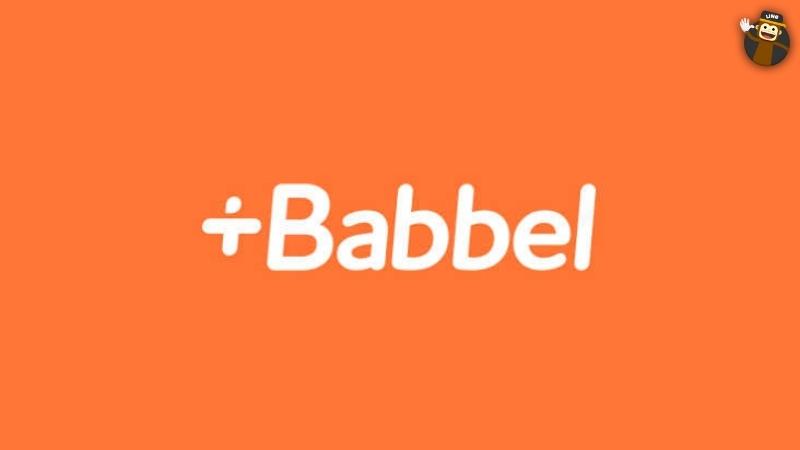
Babbel is a very popular language learning app founded in 2007 and currently offers 14 language courses (Dutch, Danish, English, French, German, Indonesian, Italian, Norwegian, Polish, Brazilian Portuguese, Russian, Swedish, Spanish, and Turkish). The app is available in both desktop and mobile versions and currently has over one million active users.
Courses in Babbel consist of 3 levels: beginner, intermediate, and advanced. In addition to offering these levels, Babbel provides helpful tips and grammar explanations throughout their lessons. In addition to the audio being pretty standard quality, the listening exercises cover conversations as they would happen in daily life.
In general, Babbel’s lessons are engaging because they offer many different kinds of learning activities, such as matching, typing, filling in the blanks, and much more. However, the app’s speech recognition system could be improved. While the idea is brilliant, many users have commented that sometimes the app can’t detect your voice, so this impedes the learning process.
Pricing
Here are the available subscription packages for Babbel:
- 1-month subscription: $13.95 per month
- 3-month subscription: $9.95 per month
- 6-month subscription: $8.45 per month
- 1-year subscription: $6.95 per month
Pros
- Easy-to-use interface
- Lessons don’t take too much time to complete
- Covers all four language skills
- Great conversational exercises
Cons
- Doesn’t have sufficient pronunciation support
- Review exercises are not very thorough
Check the full Babbel review here!
Anki Review
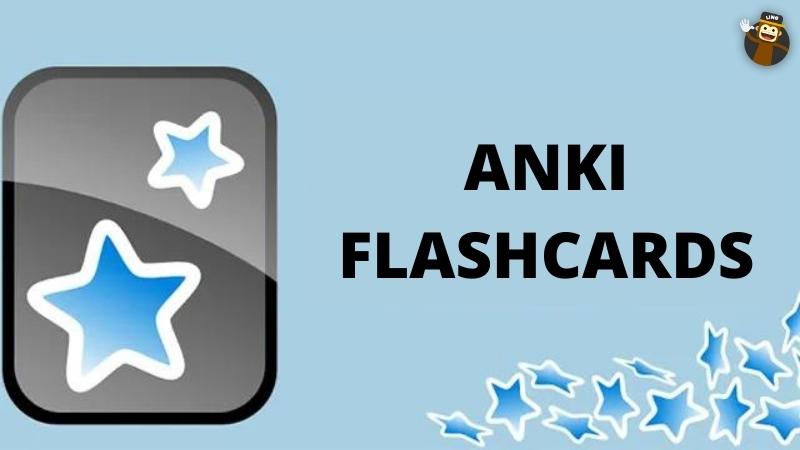
Anki is one of the most useful and efficient language learning tools out there and is available for both desktop and mobile devices.
With Anki, the goal is to memorize as many new vocabulary words in any given foreign language as you can. Now, how does Anki help you achieve this? The answer is the spaced repetition system. This is a system in which you input an incredible amount of information and the algorithm will give that information back to you when you are most likely to forget it. This is the best technique to use when you want to put what you’ve learned into your long-term memory.
In Anki, each set of flashcards is referred to as a deck, and there are many pre-made decks that are designed specifically by native speakers for language learners.
You can also create your own flashcards by typing in new words along with their meanings or definition. You can even add an example sentence so that you can see the context. Lastly, if you want, you can embed images and sounds into your flashcards to give it even more detail.
After you have your flashcards, all that’s left to do is start practicing!
Pricing
The good news is that Anki is completely free for Android devices. The desktop version of Anki is also free for everyone!
The not-so-good news is that it costs $25 for a lifetime purchase on iOS devices.
Pros
- Uses the spaced repetition system for long-time learning
- Allows image, audio, and video files to be attached to the flashcards
- Can easily access pre-made decks online
Cons
- Community-made decks can include errors
- Not free for iOS users
Check the full Anki review here!
Anki Vs Babbel Comparison
To sum up, Anki and Babbel don’t have similar approaches when it comes to learning languages. Babbel is a language app that offers structured courses with various activities to improve language skills, while Anki is a flashcard app that’s really only there to serve as an additional learning tool.
If you’re wondering whether to choose between Babbel or Anki in terms of language learning, consider your language proficiency. If you are a beginner and want to learn the basics of a new language, then you should go with Babbel.
But, for more advanced learners that just want to refresh their memory or learn more specific vocabulary in an efficient way, Anki is a great choice. Anki is also great for more visual learners.
Learn A New Language With Ling!
If you still haven’t found what you’re looking for, then why don’t you give the Ling App a try?
The Ling App is an interactive language learning app used by over 5 millions learners all around the world!
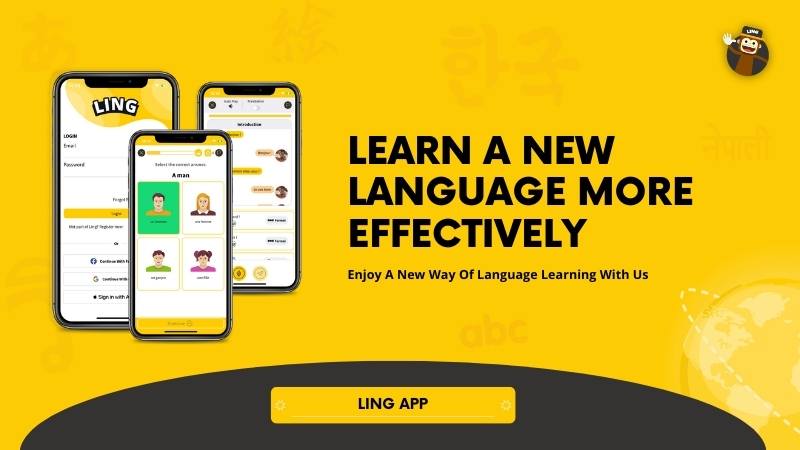
Not only does Ling offer more than 60 foreign language courses, but the app teaches useful vocabulary that you can immediately start using in real-life conversations. The Ling App also includes mini-games to help you practice your language knowledge and quizzes at the end of each lesson to help you assess your progress. If you want to learn a new language in a practical way, you will absolutely love the Ling App!
Oh – let’s also not forget about Ling’s amazing blog. On the blog, you can find thousands of content related to all things language. From basic information to travel guides on different countries, cultures, and food, you can find everything you could ever want to know about a language!
So, what are you waiting for? Start learning a new language today by downloading the Ling App from the App Store or Google Play!
